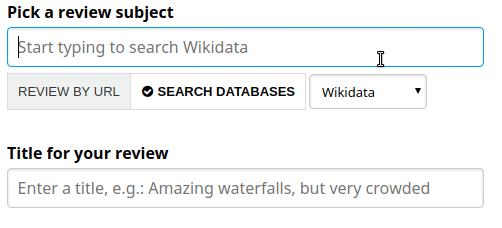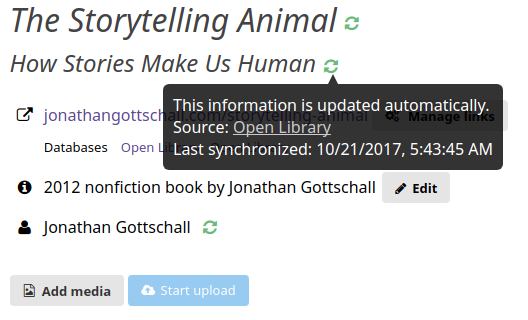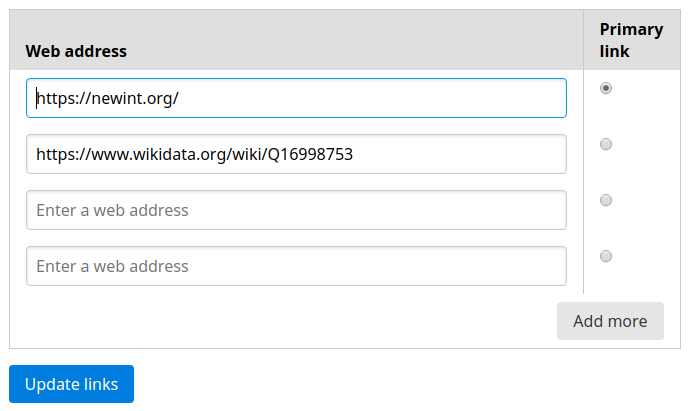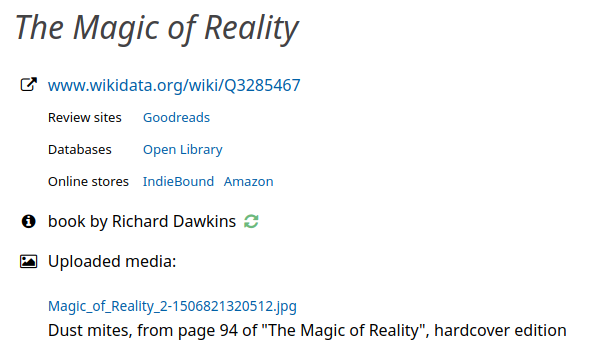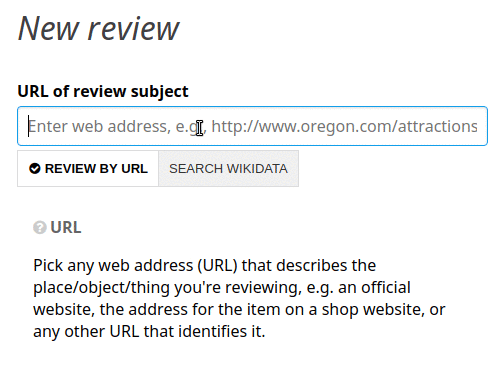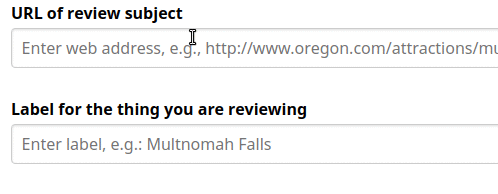lib.reviews is powered by Node.js. This post is very much about the internals, so only read on if you care. :-)
We’ve just upgraded the site to a major new release of Node: 8.9.0. Many excellent blog posts have been written about the new features in this series of Node. Personally, I’m most excited about async/await.
In modern web development, you’re often dealing with operations that are synchronous (executed immediately and blocking operation of other code) vs. asynchronous (effectively running “in the background”).
For example, when you run an expensive database query, you don’t want it to keep other visitors of the site waiting—it should run in the background. But the application needs to know when the query is finished. Promises are one way to organize such asynchronous execution sequences.
Unfortunately, as you deal with more complex sequences of events, using only promises can also make code increasingly difficult to read. Here’s an example from the sync-all script, which is run every 24 hours to fetch information from sites like Wikidata and Open Library:
Thing .filterNotStaleOrDeleted() .then(things => { things.forEach(thing => thing.setURLs(thing.urls)); let updates = things.map(thing => limit(() => thing.updateActiveSyncs()) ); Promise .all(updates) .then(_updatedThings => { console.log('All updates complete.'); }); });
What’s going on here? We’re getting a list of all “Things” (review subjects), excluding old and deleted revisions. Then, for each thing, we reset the settings for updating information from external websites. We build an array of asynchronously run promises which contact external websites like Wikidata and Open Library. The limit() call throttles these requests to two at a time.
The main readability problem is the increasing nesting. If you add .catch() blocks to Promises, it can be even more difficult to follow what’s going on, and to make sure all your brackets are in the right place.
Here’s what this sequence looks like with async/await:
const things = await Thing.filterNotStaleOrDeleted(); things.forEach(thing => thing.setURLs(thing.urls)); await Promise.all( things.map(thing => limit(() => thing.updateActiveSyncs()) ) );
It’s a lot easier to see what’s going on. And this isn’t even accounting for the greater simplicity of success/error handling. Under the hood, async/await works with Promises, and there are many situations where using Promises directly is fine (note even the second version uses Promise.all). But for more complex operations, it really makes a difference.
While I’m at it, I’m adding standardized documentation in jsdoc format to modules as I go. Essentially, these are code comments in a special syntax that can be used to generate HTML output. You can find the generated result here; it will be updated every 24 hours from the currently deployed codebase.

